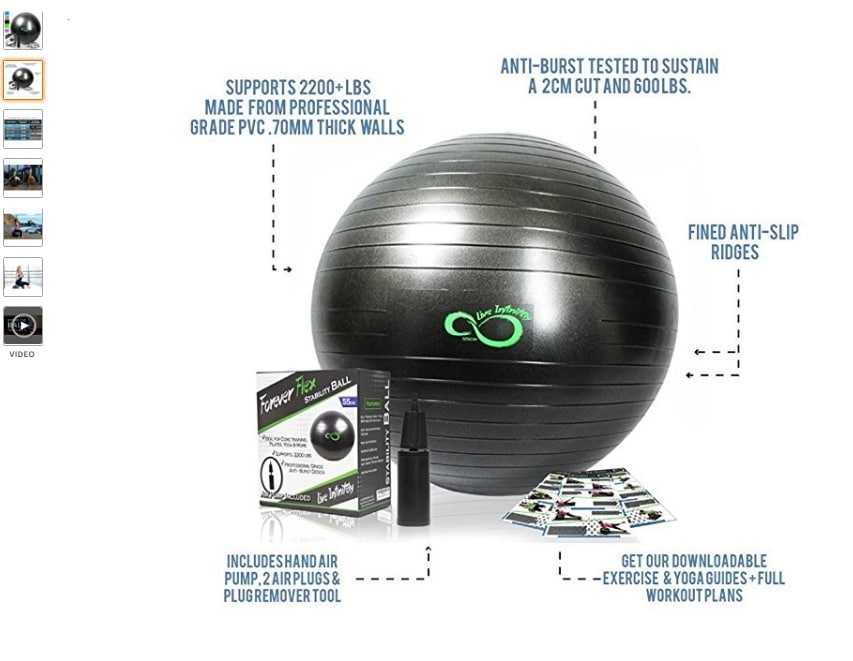Wanting To Take Your Property Photography To The Following Degree? Allow'S Review The Key Points To Consider When Picking The Suitable Cam For Striking Residential Or Commercial Property Visuals
Wanting To Take Your Property Photography To The Following Degree? Allow'S Review The Key Points To Consider When Picking The Suitable Cam For Striking Residential Or Commercial Property Visuals
Blog Article
Web Content By-Clark Husted
When venturing into realty photography, choosing the best cam is critical for catching residential or commercial properties in their finest light. The option of camera can considerably impact the top quality of your photos, influencing just how prospective customers perceive a listing. From sensor size to lens compatibility and reduced light performance, each aspect plays a crucial role in accomplishing stunning visuals that make a lasting impact. So, as you embark on this visual trip, ensuring your electronic camera ticks all the right boxes is essential to setting your work apart in a competitive market.
Camera Sensor Size
When selecting a camera for real estate digital photography, recognizing the relevance of camera sensor size is crucial. The sensing unit dimension of an electronic camera straight impacts the picture top quality and efficiency in different lighting conditions. Larger sensor dimensions, such as full-frame sensors, often tend to catch much more light and detail, resulting in sharper pictures with far better vibrant range. For real estate photography, where recording the elaborate information of a residential or commercial property is necessary, selecting a camera with a larger sensing unit size can make a significant distinction in the final end result of your images.
Electronic cameras with smaller sensor dimensions, like those discovered in compact video cameras or smart devices, might struggle to create high-grade photos, specifically in low-light circumstances. The smaller sized sensors can result in more noise and less detail in the pictures, which can be a downside when showcasing residential or commercial properties to prospective customers.
Buying a cam with a bigger sensing unit dimension, even if it suggests a slightly greater cost, can raise the total high quality of your property photography and set your listings besides the competitors.
Lens Compatibility
Recognizing the lens compatibility of a camera is key when considering devices for real estate digital photography. Different video cameras have specific lens places that dictate which lenses work.
For real estate photography, wide-angle lenses are commonly utilized to capture the full scope of areas and spaces. When choosing a video camera, ensure that it sustains wide-angle lenses with focal sizes normally ranging from 10mm to 24mm for APS-C sensing unit video cameras and 16mm to 35mm for full-frame sensors.
It is important to examine if the video camera you have an interest in has a selection of lens choices available in the market. Having access to a large option of lenses enables you to adapt to different shooting situations and attain different creative effects.
Additionally, think about the quality of the lenses suitable with the video camera, as buying high-quality lenses can dramatically influence the intensity and general appearance of your property photographs. Remember, https://www.businessinsider.com/smartphone-camera-features-that-make-you-feel-like-a-professional-photographer-2018-2 plays a critical function in maximizing the potential of your electronic camera genuine estate digital photography.
Low Light Performance
For ideal realty photography, the reduced light performance of a camera is vital. When choosing an electronic camera genuine estate digital photography, think about one with great reduced light capabilities. Properties commonly need to be photographed in poorly lit rooms or throughout twilight hours to catch the ambiance effectively. A video camera with outstanding reduced light efficiency will make certain that your pictures preserve clearness and sharpness even in challenging lighting problems.
Cams with larger sensors tend to carry out much better in reduced light circumstances as they can capture extra light, leading to less noise in the photos. Try to find cameras with a wide ISO range, enabling you to change the sensitivity to light as needed.
Additionally, video cameras with good sound decrease innovation can help create cleaner photos in low light.
Having an electronic camera with strong reduced light performance will certainly give you the flexibility to shoot in numerous illumination problems without jeopardizing the high quality of your realty images. Make sure to test the electronic camera's reduced light abilities prior to making your decision to guarantee it satisfies your photography needs.
Final thought
So, when picking a camera for real estate digital photography, remember to prioritize sensing unit size, lens compatibility, and low light efficiency. A bigger sensing unit size, wide-angle lens compatibility, and great reduced light performance will make sure that you capture high-grade images of properties with wonderful detail and clarity. Make sure to do your research study and pick an electronic camera that fulfills these standards for the very best lead to your property digital photography endeavors.
